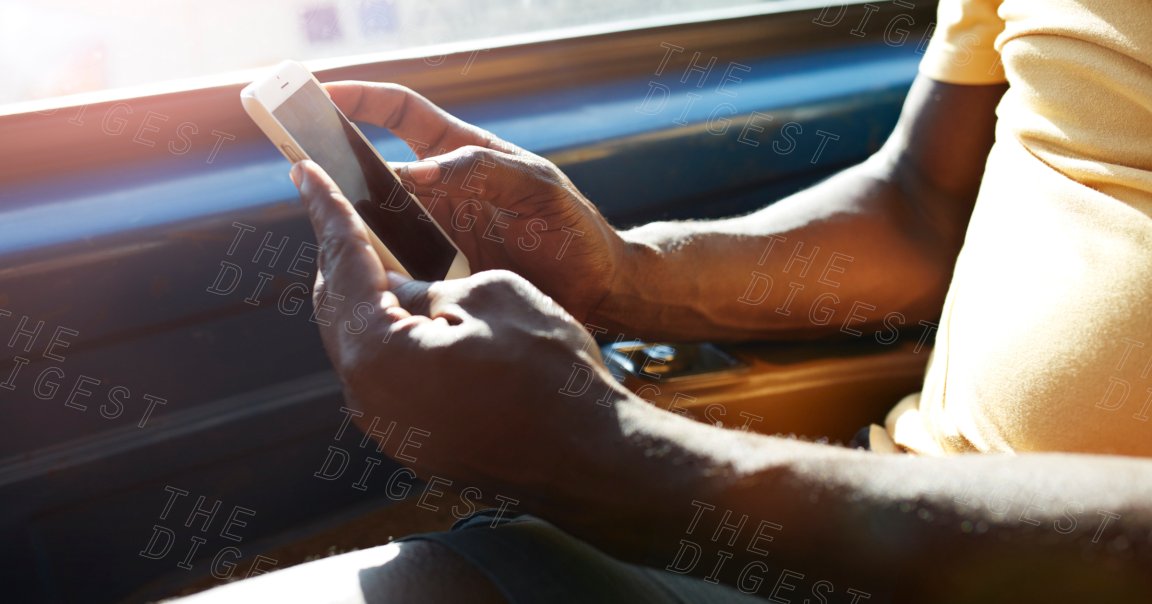
LESSER OF TWO EVILS. The good news: Drivers for ridehail services such as Uber and Lyft discriminate against people of color less than taxi drivers. The bad news? They’re still not colorblind.
In June, the University of California, Los Angeles (UCLA) published “Ridehail Revolution: Ridehail Travel and Equity in Los Angeles,” a dissertation by Anne Brown, a doctoral student in Urban Planning. The paper examine how L.A. county residents use ridehail services and also includes the results of an experiment designed to suss out any differences in the way ridehail and taxi drivers treat passengers of different races.
BIG RACIST TAXI. For her experiment, Brown sent 18 UCLA students of various races to two locations in L.A. to hail rides, either from Lyft, Uber, or a taxi service. These students were all between the ages of 20 and 30, had ride-hailing app ratings of at least 4.5 stars, and wore “non-flashy clothes,” such as jeans and a t-shirt. Over nine weeks in the fall of 2017, the riders requested 1,704 rides from either a ridehail or taxi service.
Brown found that black ridehail riders had to wait 1 minute and 43 seconds longer than their white counterparts for rides and were 4 percent more likely than white riders to have their drivers cancel on them. Taxi drivers, however, appeared far more discriminatory — black taxi riders had to wait six to 15 minutes longer than their white counterparts for rides, and they were 73 percent more likely than white riders to have their drivers cancel on them.
CHANGES NEEDED. Brown appears to view the results of her experiment as a step in the right direction. “From an equality point of view, there’s some way to go before the gap between riders is truly erased, but it’s far narrower with ride-hailing, and with some policy changes, (Uber and Lyft) could erase the racial gap between riders entirely,” Brown told USA TODAY in June.
Still, the scope of Brown’s study was rather narrow — just one city with riders of about the same age — and other studies of ridehailing apps in other cities concluded that racial discrimination is far more prevalent than Brown’s study implies.
Regardless of which studies are the most accurate, though, they all seem to note some racial discrimination, and any racial discrimination is too much. In an effort to equalize rider treatment, Brown suggests that ride-hailing apps rethink how they identify riders, eliminating the practice of including a rider’s photo and name when they hail a ride.
Lyft and Uber, meanwhile, have long asserted that the identifying information is necessary to maintain driver safety. So unless they change their minds, it seems drivers will continue to have the opportunity to let their personal biases affect how long riders wait for their ride — if it ever arrives at all.
READ MORE: The Good and Bad of Ride-Sharing When It Comes to Race [Wired]
More on ridehail services: Driving for Uber or Lyft Is Awful, New Study Shows